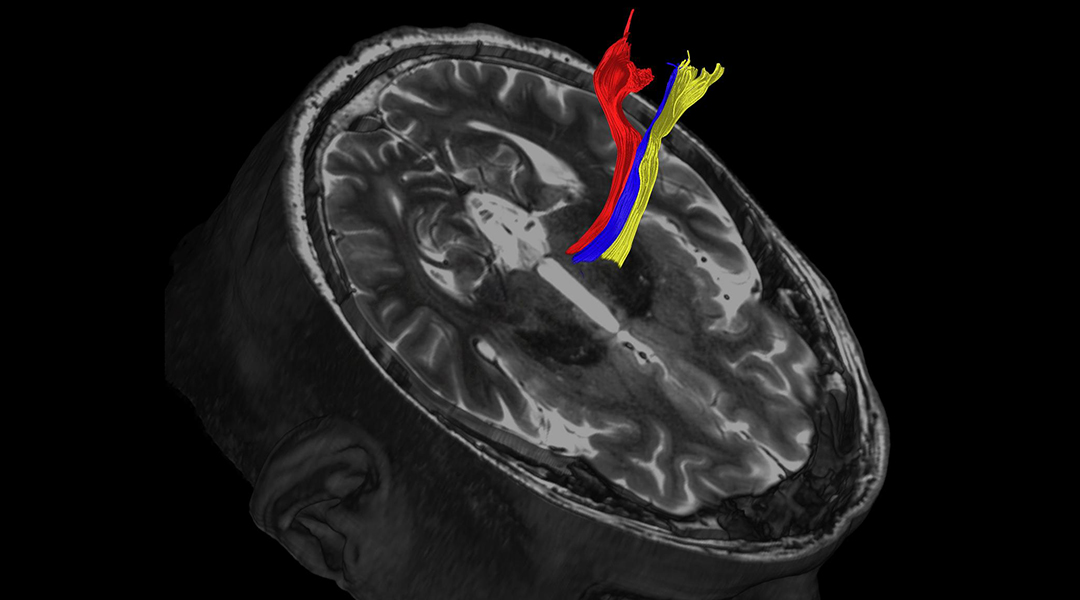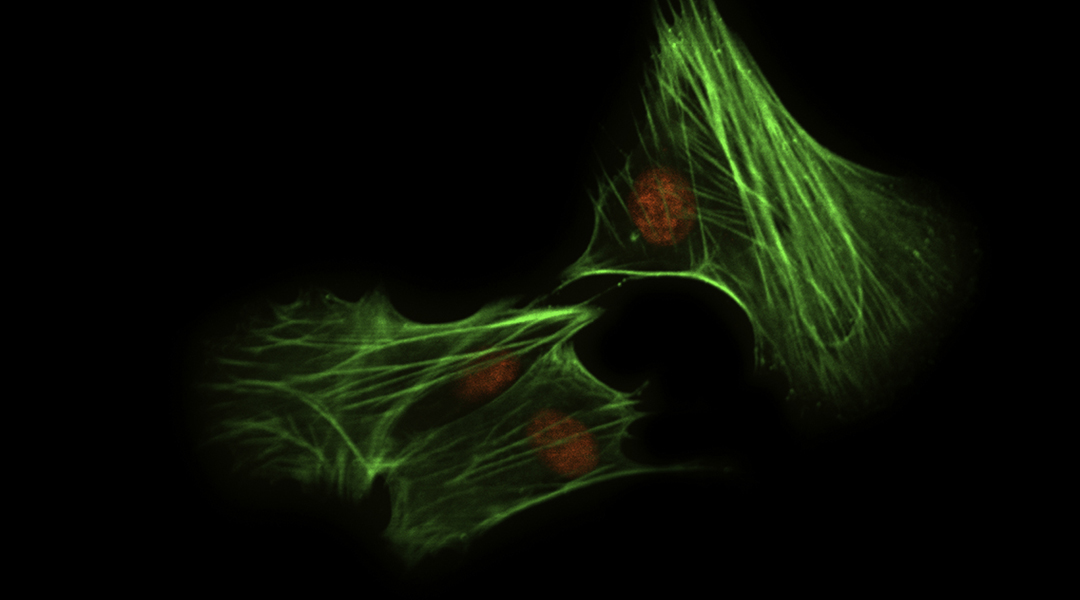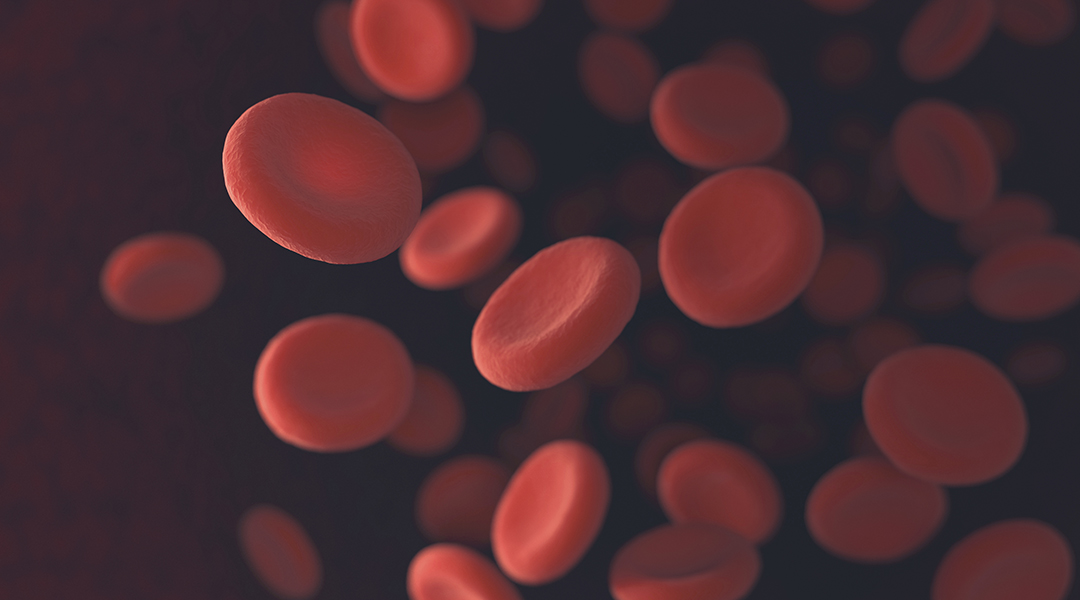Endometriosis is a chronic, painful condition that affects millions of women worldwide. Now, a new nanoplatform offers hope for early diagnosis and effective ablation of endometriosis.


Endometriosis is a chronic, painful condition that affects millions of women worldwide. Now, a new nanoplatform offers hope for early diagnosis and effective ablation of endometriosis.

Researchers at the Robert Koch Institute date the origin of the measles virus to the sixth century BCE.

Advanced MRI scans may improve treatment of tremors in patients with Parkinson’s disease.

Scientists have developed a molecular shield that stabilizes near-infrared fluorescent dyes and enhances their functionality.

A new study explores how metal nanoparticles designed for new X-ray imaging technologies can improve the diagnosis of diseases, as well as understand the underlying cellular processes.

Cutting-edge fluorine-19 imaging of inflammation extends the frontiers of MRI.

A research team combats antibiotic-resistant superbugs by administering antibiotics together with metformin.

Microfluidic oxygenators provide support to patients with low blood oxygen levels during respiratory distress, and advancements in technology are making them more portable and user-friendly.

Micro- and nanoparticle-based drug delivery systems are revolutionizing medicine, from minimizing the toxicity of therapeutics to improving their efficacy.

A new tool can diagnose sepsis in less than fifteen minutes, even with a very low concentration of biomarkers.